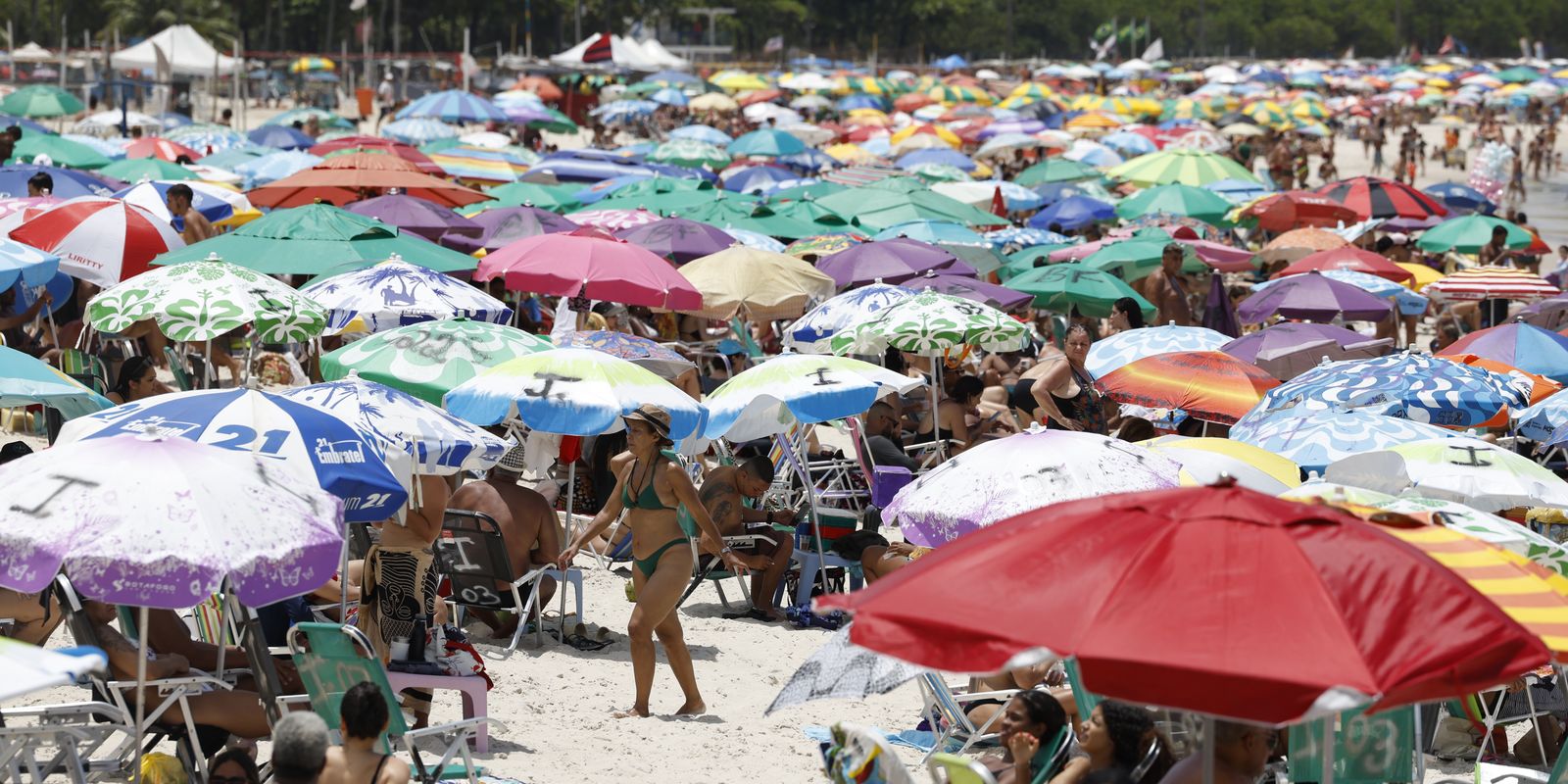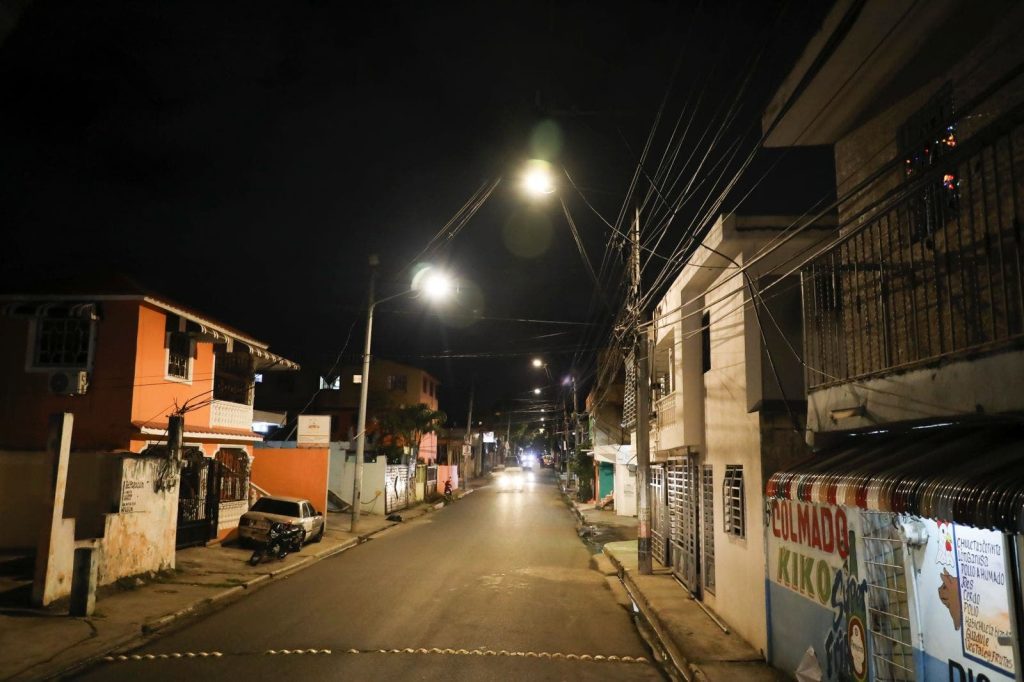The weather in Rio de Janeiro this Saturday (25) continues to be influenced by high temperatures and strong sun on the beaches. According to the Rio Operations Center, the maximum temperature predicted for today is 39ºCelsius. With the strong heat, thousands of people flocked to the beaches, especially those in the South Zone.
The forecast is for isolated and rapid showers in the afternoon and evening. The Fire Department reported that, despite the calm sea, lifeguards carried out around 20 rescues of swimmers who risked straying from the surf. None of the cases were considered serious and there were no deaths recorded on the beaches.
Sea water remains cold due to sea currents caused by a phenomenon called upwelling. This occurs when the wind hits the sea surface and carries the warm water heated by the sun to other regions. Thus, the cold water at the bottom of the sea resurfaces, leaving the sea temperature lower.
Policing
Policing on Rio’s beaches was increased this weekend, to provide more security for bathers until 10pm. This weekend, more than 1,600 military police officers were assigned to work on the edge of the south and west zones of the city. They are also at the main public transport terminals that have bus lines to access the beaches.
Started in September 2024, Operation Summer is an action to prevent robberies and theft along the entire coast of Rio de Janeiro, during days with higher temperatures and a greater flow of bathers on the beaches. This weekend, the coast of the South Zone has the reinforcement of the Military Command Car, which is based in the Arpoador region and monitors all the movement on the beaches of Botafogo, Flamengo, Leme, Copacabana and Ipanema.
Cleaning
The Praia Limpa program, run by Companhia de Limpeza Urbana do Rio (Comlurb), is currently concentrated on Leme beach, in the south zone, aiming to raise awareness amongst bathers to avoid throwing rubbish on the sand. They must use plastic bags to place debris in the garbage collectors spread along the coast.
Comlurb uses more than 500 men on weekends to clean the beaches, with the support of machines and tractors.















